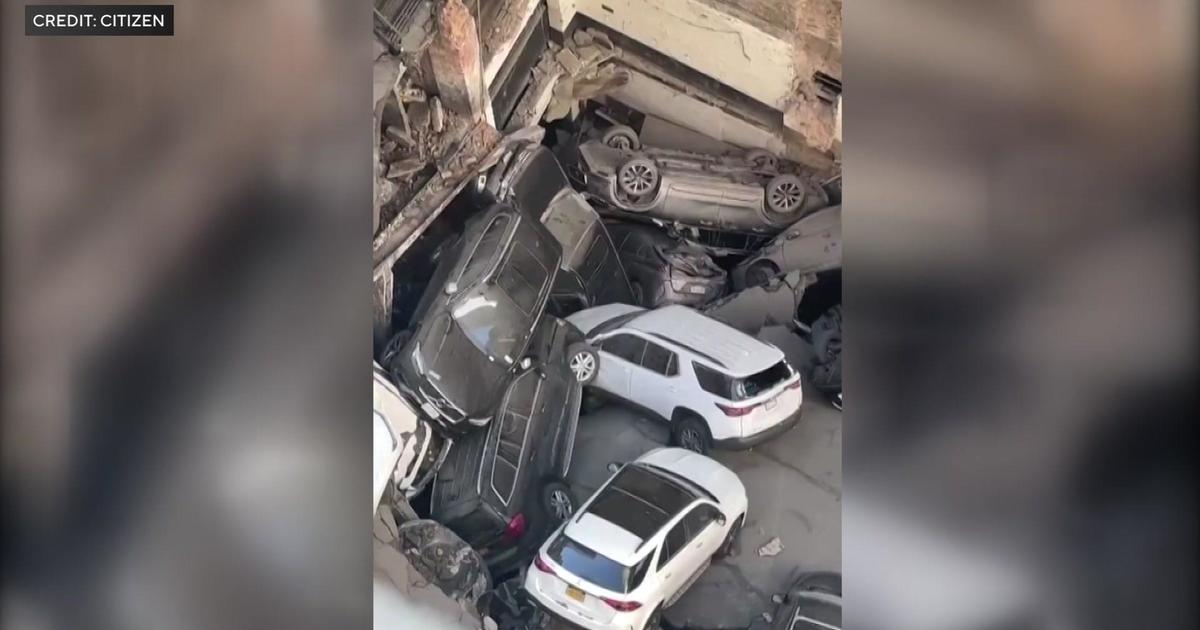Study: Organs From Victims Of Opioid Overdoses Offer New Hope To Patients Waiting For Transplants
NEW YORK (CBSNewYork) -- Some good may be coming out of the tragic and troubling increase of opioid deaths in the United States.
Organ donations are up significantly and helping to save lives.
As CBS2's Dr. Max Gomez reported, there are well over 50,000 deaths a year from opioid overdoses. At the same time, there are more than 120,000 patients on the waiting list for an organ and 20 people die every day from waiting.
In this case, one tragedy may help prevent another.
Hatem Tolba cherishes every single day with his family. Three years ago, the healthy father celebrated his wedding anniversary. Two days later, he was in a medically-induced coma.
"I do remember to some degree that this could be the end of my life," Tolba said.
A severe E. coli infection left him in organ failure. It took weeks for doctors to stabilize him, but he desperately needed a liver transplant.
"What they came to us with, is 'your situation is so difficult right now that we want you to consider a high-risk donor'," Tolba said.
That donor turned out to be a 21-year-old man who died of a heroin overdose. New research in the Annals of Internal Medicine finds organ donations from overdose victims have increased 24-fold.
"It's a lifesaving legacy out of a pretty horrific public health scenario," Alexandra Glazier, President and CEO at New England Donor Services, said.
The liver Hatem received was infected with hepatitis C, which was cured in just weeks thanks to new drugs. Those treatments have paved the way for using more organs that wouldn't have been considered.
"That's really a total game changer in terms of opening up the potential for donation in these cases," Glazier said.
Hatem hopes to someday meet the family of the person who died and saved his life.
"My purpose is to take this young man's legacy forward," he said. "To be the best husband and father that I can be."
It's all thanks to a gift from a stranger who's giving him a second chance.
The research also shows the organs from overdose deaths are not any worse than organs from people who died in other ways, and in some ways were actually better. Potential donors still are thoroughly screened since there are no other diseases that could become lethal in an immuno-suppressed organ recipient.



